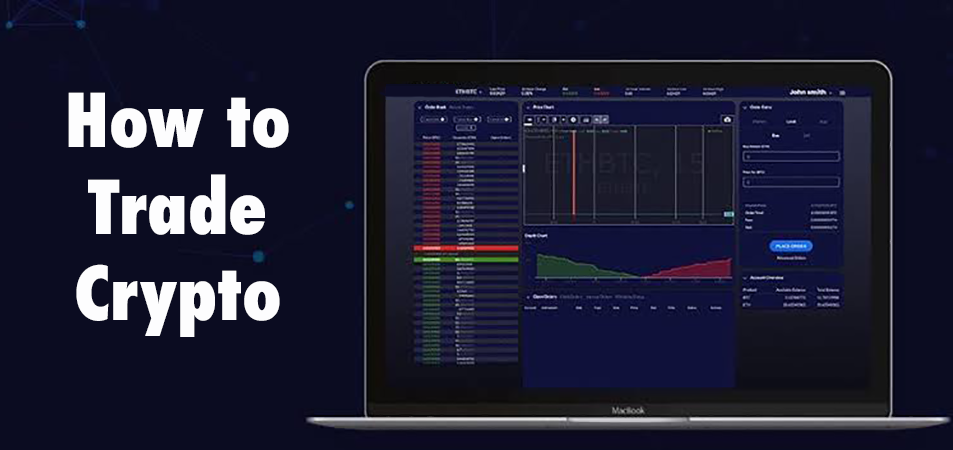Cryptocurrency trading is the act of hypothesizing on cryptocurrency price movements through a CFD trading account, or purchasing and selling the underlying coins by means of an exchange. CFDs trading are derivatives, which enable you to hypothesize on cryptocurrency cost movements without taking ownership of the underlying coins. You can go long (' purchase') if you believe a cryptocurrency View website will rise in value, or brief (' offer') if you think it will fall.
Your revenue or loss are still calculated according to the complete size of your position, so leverage will magnify both earnings and losses. When you buy cryptocurrencies by means of an exchange, you purchase the coins themselves. You'll require to create an exchange account, put up the amount of the asset to open a position, and keep the cryptocurrency tokens in your own wallet up until you're all set to offer.
Numerous exchanges also have limits on how much you can deposit, while accounts can be really costly to keep. Cryptocurrency markets are decentralised, which implies they are not provided or backed by a main authority such as a government. Instead, they stumble upon a network of computer systems. However, cryptocurrencies can be purchased and offered through exchanges follow this link and stored in 'wallets'.
 How to Trade Cryptocurrency! - YouTubeyoutube.com
How to Trade Cryptocurrency! - YouTubeyoutube.com
When a user wants to send out cryptocurrency units to another user, they send it to that user's digital wallet. The deal isn't considered last till it has been verified and contributed to the blockchain through a process called mining. This is likewise how brand-new cryptocurrency tokens are typically produced. A blockchain is a shared digital register of tape-recorded information.
To choose the very best exchange for your needs, it is necessary to totally comprehend the kinds of exchanges. The first and most typical type of exchange is the central exchange. Popular exchanges that fall under this category are Coinbase, Binance, Kraken, and Gemini. These exchanges are personal companies that use platforms to trade cryptocurrency.
The exchanges noted above all have active trading, high volumes, and liquidity. That stated, centralized exchanges are not in line with the philosophy of Bitcoin. They run on their own private servers which creates a vector of attack. If the servers of the company were to be compromised, the entire system could be shut down for some time.
The bigger, more popular centralized exchanges are without a doubt the most convenient on-ramp for brand-new users and they even offer some level of insurance must their systems fail. While this holds true, when cryptocurrency is acquired on these exchanges it is saved within their custodial wallets and not in your own wallet that you own the keys to.
Must your computer and your Coinbase account, for example, end up being jeopardized, your funds would be lost and you would not likely have the ability to claim insurance coverage. This is why it is necessary to withdraw any large amounts and practice safe storage. Decentralized exchanges operate in the very same way that Bitcoin does.
Rather, consider it as a server, other than that each computer within the server is spread out throughout the world and each computer that makes up one part of that server is controlled by an individual. If one of these computer systems shuts off, it has no impact on the network as an entire due to the fact that there are lots of other computers that will continue running the network.